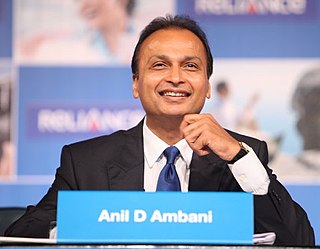A Quote by Rupert Murdoch
Most newspaper companies still have their heads in the sand, but other media companies are aggressive.
Related Quotes
Where you have complexity, by nature you can have fraud and mistakes. You'll have more of that than in a company that shovels sand from a river and sells it. This will always be true of financial companies, including ones run by governments. If you want accurate numbers from financial companies, you're in the wrong world.
Every company that manufactures something is causing some damage either to the soil or water or air. Most companies treat these as externalities. But the growing movement of sustainability calls for companies to internalize these costs. Once companies do this, they will have a strong incentive to reduce their carbon footprint.
Basically, the UBR is a relic of an earlier vision for UDDI. The original vision for UDDI was as a standard that would help companies conduct business with each other in an automated fashion. The idea was that companies could publish how they wanted to interact, and other companies could find that information and use it to establish a relationship.




































